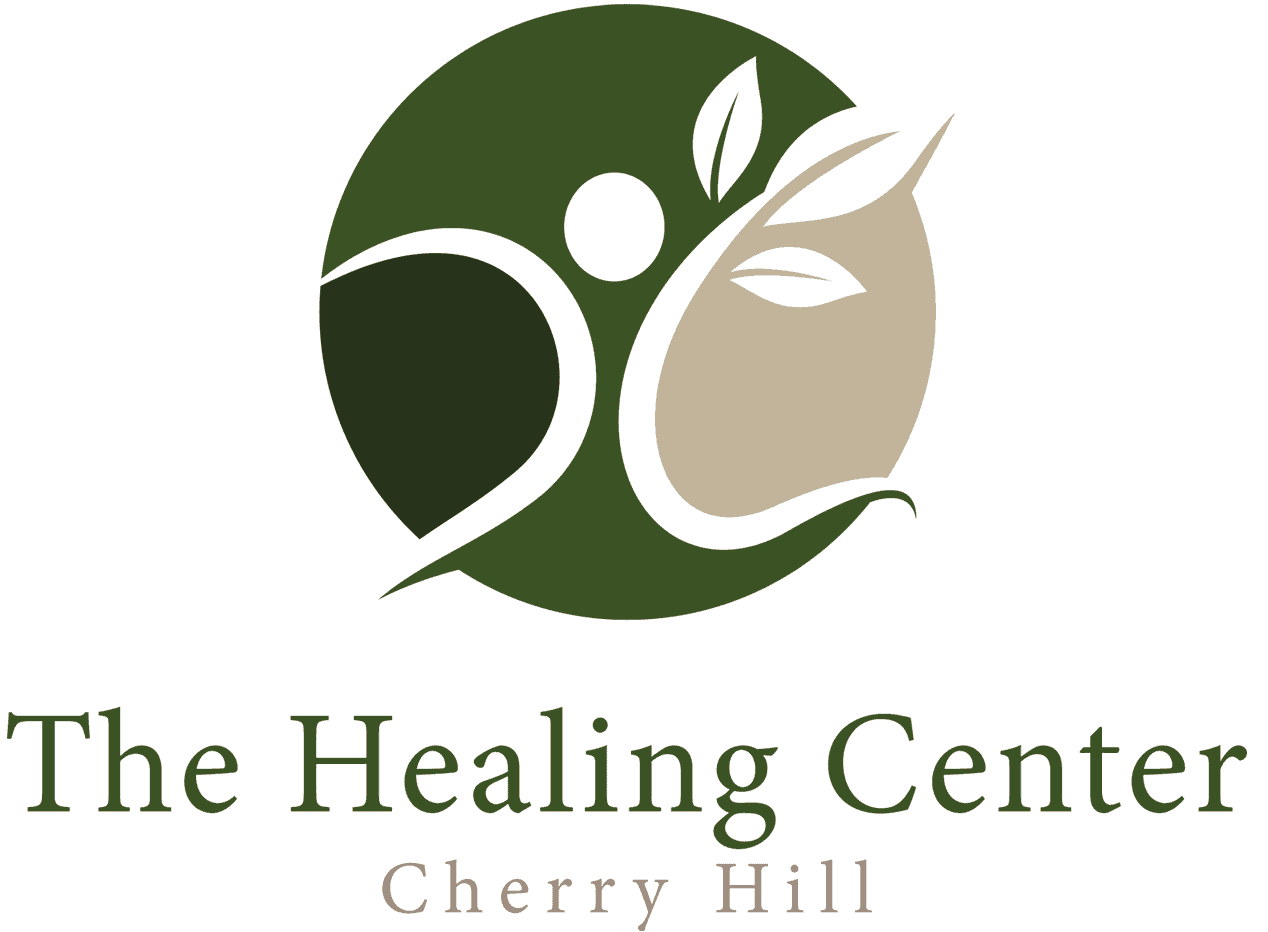There are different signs a loved one is using drugs, and being able to identify these signs can help when it comes to getting professional help. A major indicator that someone is using drugs or other substances is behavioral changes. But what changes in behavior are there? This is a valid question, and having the tools to identify these changes and being able to address a potential problem can help prevent devastating results.
Signs a Loved One is Using Drugs
Many different substances are commonly used recreationally and each substance generally has its own signs of potential abuse. The ability to identify the potential substance being used, and how to help the individual is beneficial for loved ones concerned about someone. Drugs and alcohol affect the brain negatively and can have life-threatening results if these substances are chronically abused. Identifying signs a loved one is using drugs is crucial to preventing some of these devastating impacts that substances have on someone’s life.
Opioids
Heroin, fentanyl, and prescription painkillers are the most commonly abused opioids in the country. Signs of opioid abuse can include behavioral changes such as withdrawal from family and family friends, and avoiding activities they once enjoyed. Opioids act on the CNS, a vital portion of daily life consisting of the brain and spinal cord. It controls breathing, motor movement, and cognitive function. Withdrawal symptoms can occur when the drug is not available, resulting in the individual experiencing things like depression, anxiety, muscle aches, nausea, and vomiting among other symptoms.
Benzos
Benzodiazepines are a class of drugs often used, medically, in the treatment of anxiety, panic, and seizure disorders. Benzos are CNS depressants, resulting in slowed motor movement, slurred speech, and impaired cognitive functionality. Signs a loved one is using drugs like benzos can include other things like drowsiness, confusion, poor coordination, and memory problems. Behaviorally, the individual may attempt to obtain prescriptions from multiple physicians (doctor shopping), use higher doses than prescribed, and exhibit angry outbursts without provocation. Social withdrawal may also be prominent with benzodiazepine abuse.
Stimulants
Stimulants are substances that increase energy, decrease the need for sleep, and produce a sense of inflated self-confidence. Signs a loved one is using drugs like cocaine can include rapid heartbeat, high blood pressure, and excessive sweating. Individuals using stimulants often exhibit dilated pupils, reduced appetite, and rapid or unexplained weight loss. Behavioral symptoms can include becoming more talkative, energetic, or overconfident.
Alcohol
Alcohol is one of the most commonly abused substances across the country. This is partially due to social acceptability when it comes to drinking. Some things to look out for when it comes to alcohol can include withdrawal symptoms when not drinking, bloodshot eyes, problems with coordination, and slurred speech. Behaviorally, the individual may show signs of aggression, hiding or lying about drinking, and difficulty controlling their alcohol intake.
What to do if a Loved One is Using Drugs
If the signs a loved one is using drugs become prominent, and there is a valid concern regarding the situation, there are different steps that can be taken. First, it is crucial to approach the individual from a place of love and concern, rather than accusations and defensiveness. Drug and alcohol abuse and addiction affect loved ones just as much as it does it individual who is struggling. It is crucial to be educated on the subject, and when the individual is not under the influence, express concerns without judgment or anger. Another important thing to do is encourage the individual to seek professional help. Offer help with finding resources and appropriate care, and if the individual is open to it, loved ones can accompany them to appointments with treatment professionals. Loved ones of someone struggling with substances should maintain their own mental and physical well-being, and setting clear boundaries can help with this. Recovery is a long and challenging process, so it is crucial to remain patient and understanding through the process.
How Treatment Can Help
Drug and alcohol treatment is catered to the needs of the individual. Treatment provides a safe and healing environment in which individuals can open up and identify the root causes of substance abuse. Beginning with detox, the substances are removed from the system, while providing medical support to address and alleviate withdrawal symptoms. Therapeutic approaches like CBT and DBT help the individual identify how negative thoughts and behavioral patterns play a role in their substance use while providing more positive and healthy coping skills for dealing with everyday stressors. If there are signs a loved one is using drugs, encouraging them to get professional help and support can aid with getting them on a path to recovery.
Get the Help They Deserve
Struggling with substance abuse is a difficult predicament to be in. Many people start using substances recreationally for fun, and before they know it, the situation has spun out of control and they can’t manage their substance use. There is help available to aid these individuals in overcoming the battle. If you or a loved one are struggling with substances, we can help. At The Healing Center, we provide a safe and healing environment where individuals can begin their recovery journey. Our on-staff professionals help promote healing and provide much-needed support during the process. Call us today and begin a journey of healing today.
There are different signs a loved one is using drugs, and being able to identify these signs can help when it comes to getting professional help. A major indicator that someone is using drugs or other substances is behavioral changes. But what changes in behavior are there? This is a valid question, and having the tools to identify these changes and being able to address a potential problem can help prevent devastating results. Contact our admissions team today to get your loved one the help that they need to overcome addiction.







